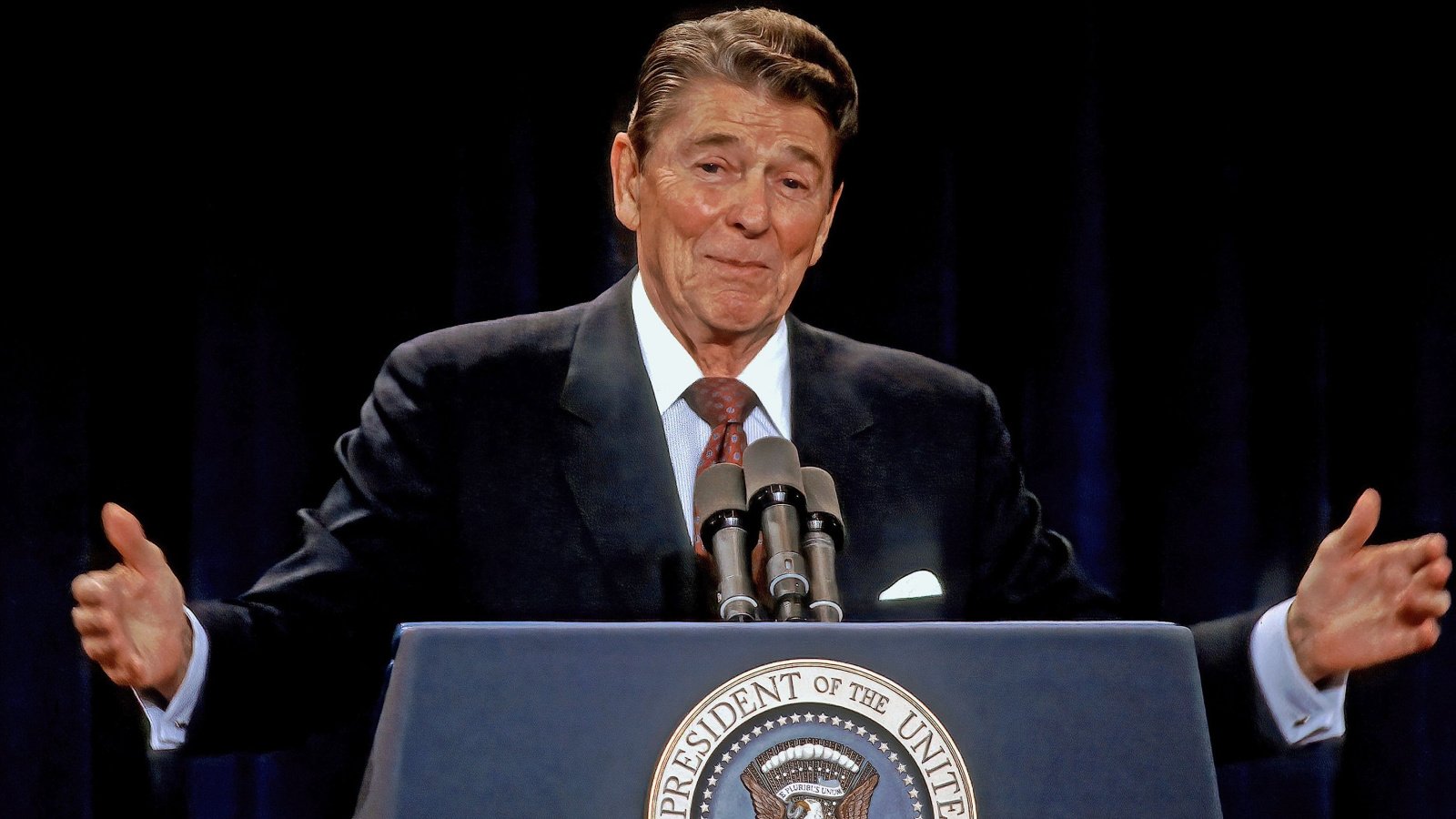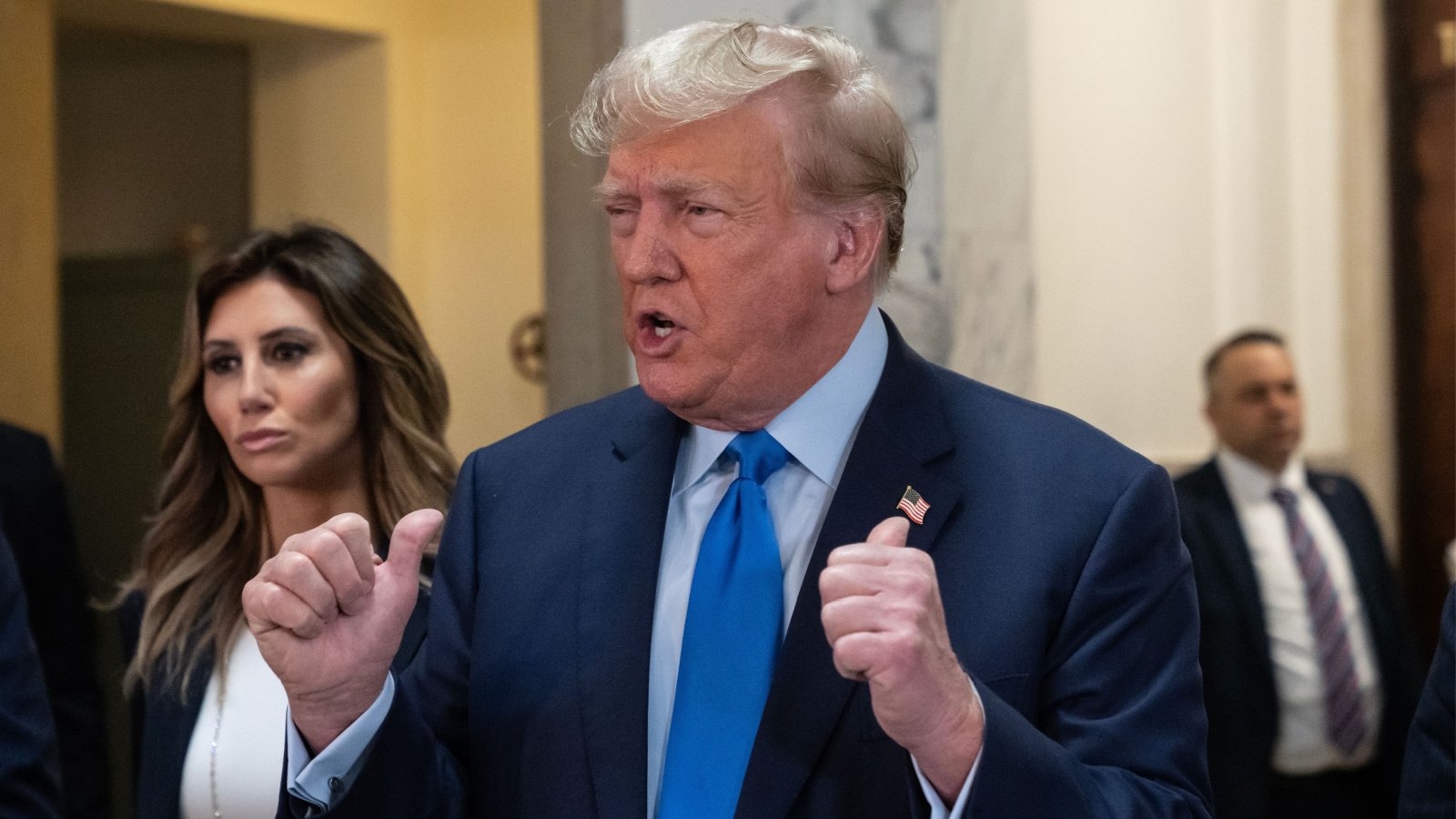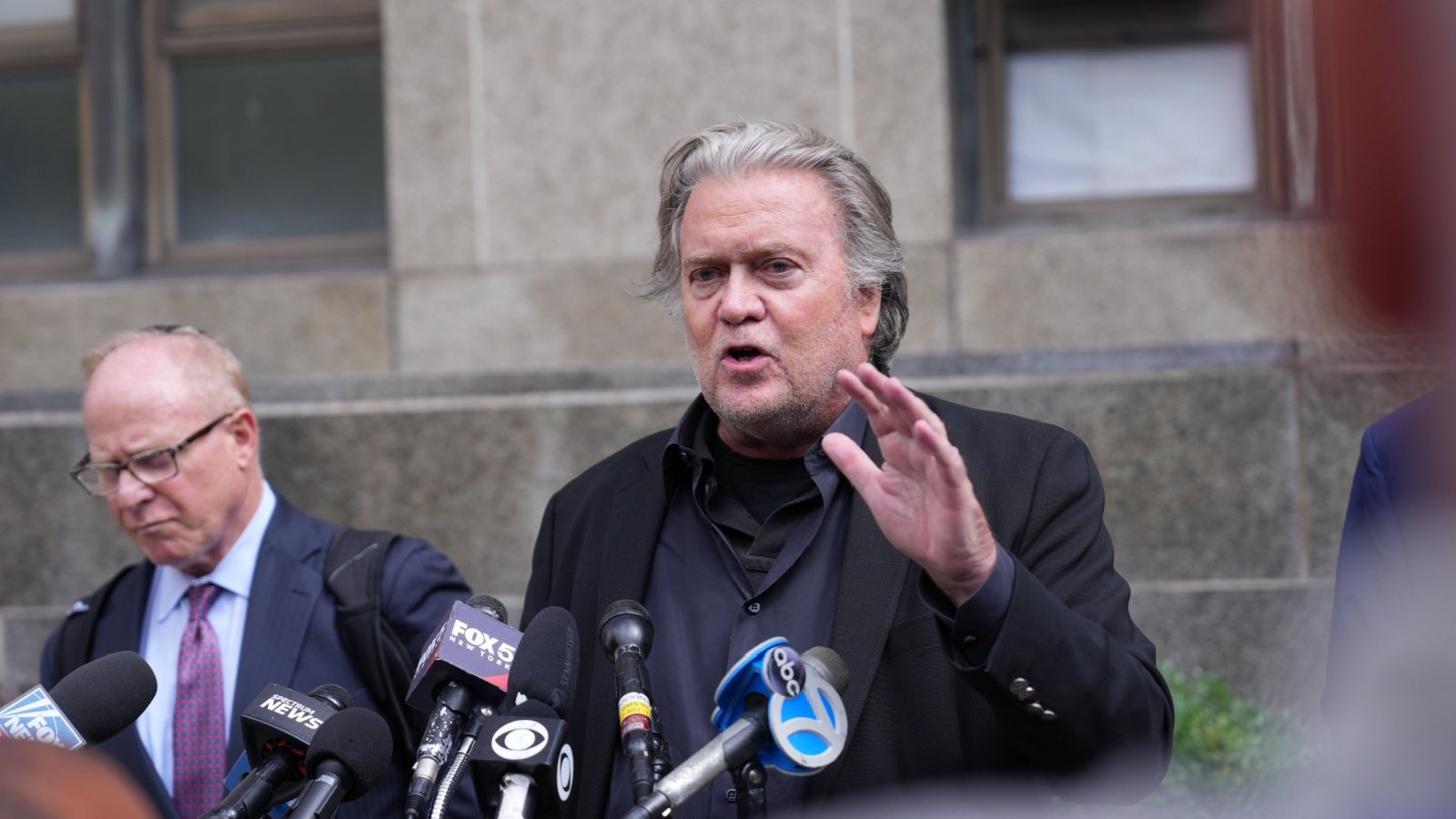Throughout history, decisions by politicians have charted the course of nations, leading them through turmoil to triumph. These pivotal moments, where leadership and vision intersect, have shaped the destinies of countries. Let’s explore these transformative decisions and the leaders behind them, whose foresight and resolve have been instrumental in navigating their nations to success.
Lincoln’s Emancipation Proclamation
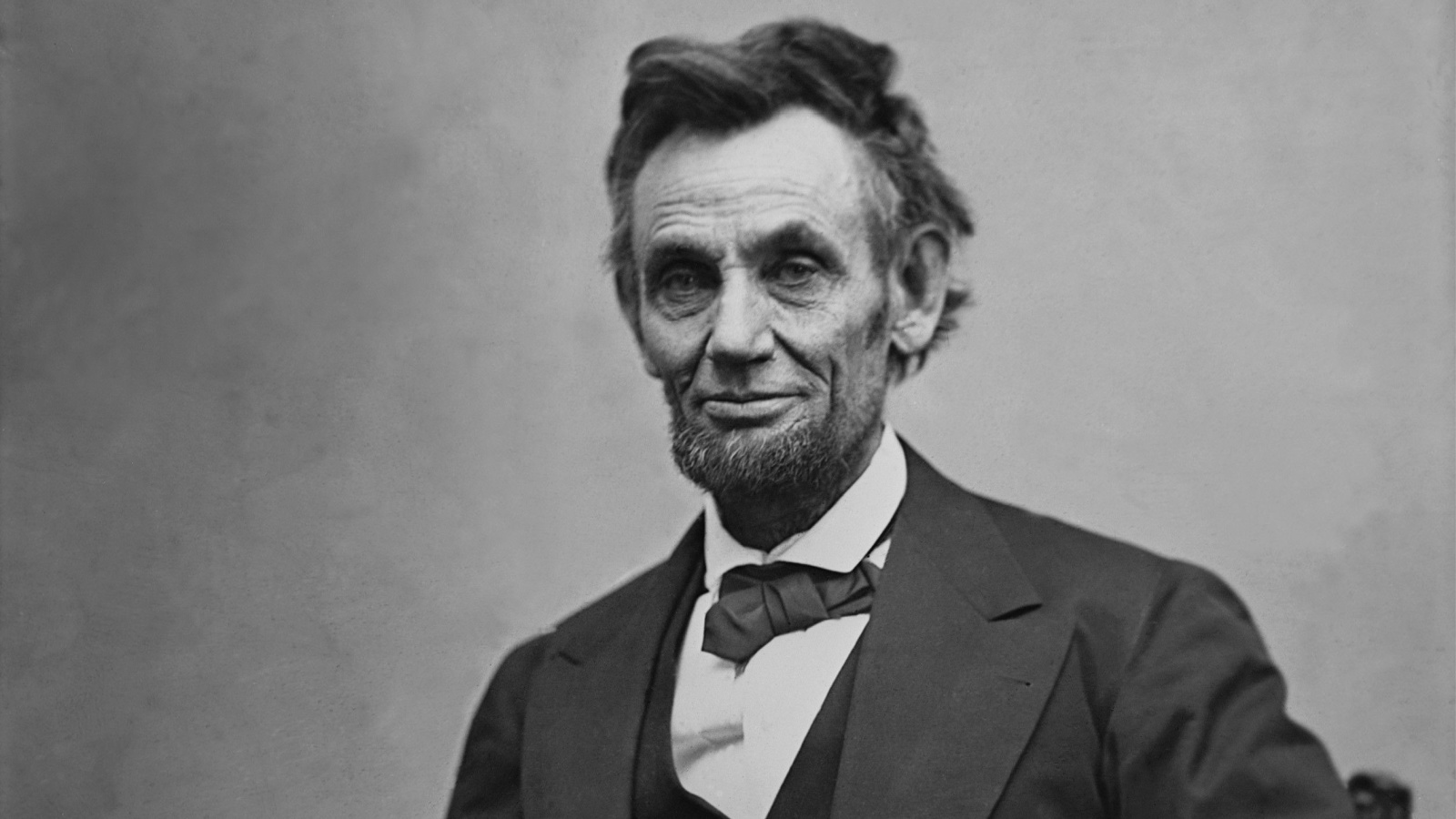
Abraham Lincoln’s decision to issue the Emancipation Proclamation in 1863 marked a turning point in the American Civil War. By declaring the freedom of all slaves in Confederate-held territory, Lincoln not only shifted the war’s focus to the moral issue of slavery but also prevented European powers from intervening on behalf of the Confederacy. This strategic move added moral force to the Union cause and significantly weakened the Confederacy.
Roosevelt’s New Deal
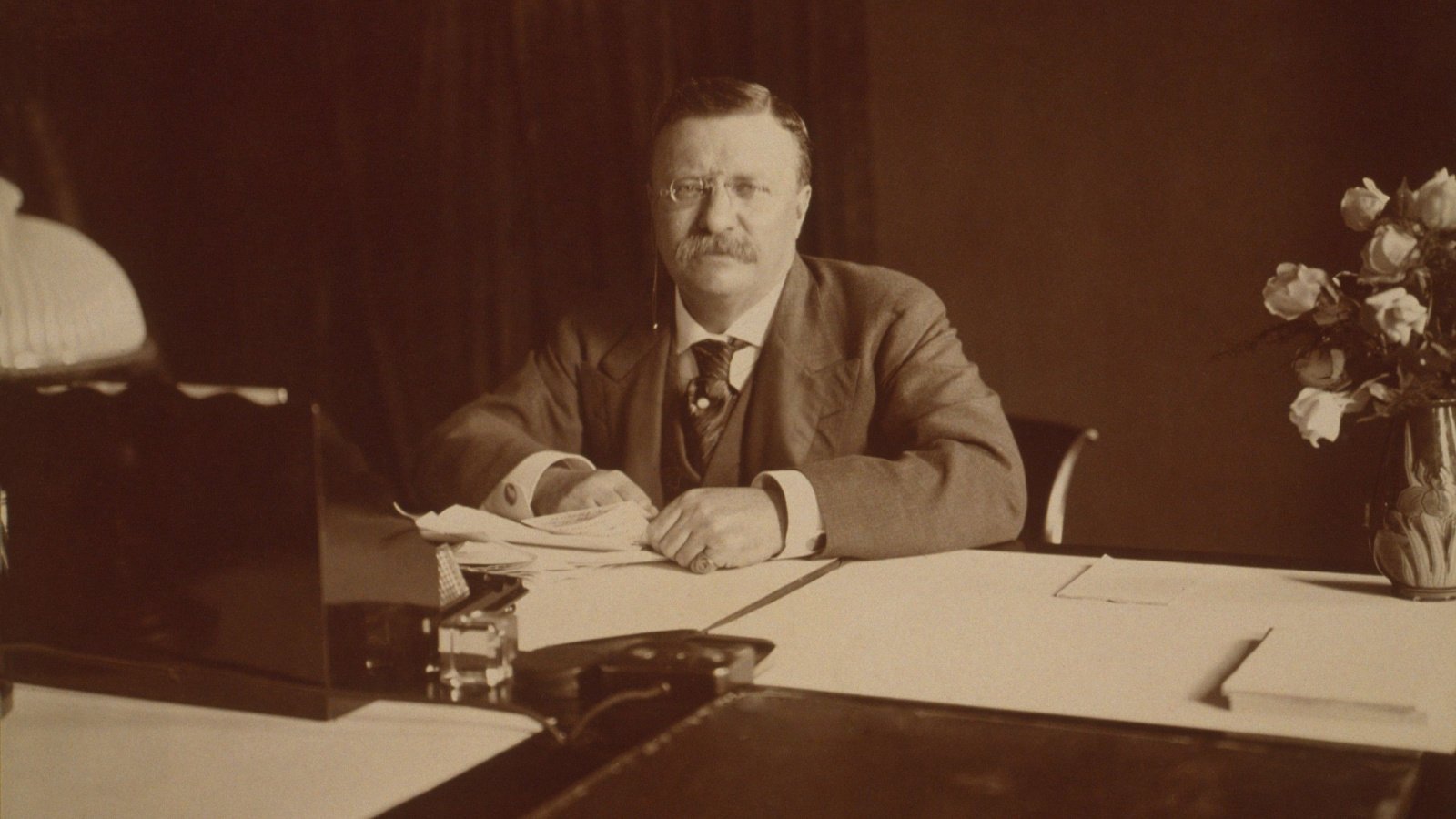
Faced with the Great Depression, Franklin D. Roosevelt introduced the New Deal, a series of programs and projects aimed at restoring dignity and prosperity to the American people. The New Deal helped reduce the worst effects of the Great Depression by stabilizing the economy, providing jobs, and establishing a social safety net. Roosevelt’s leadership during this era fundamentally reshaped American society and the government’s role in the economy.
Churchill’s Stand Against Nazism
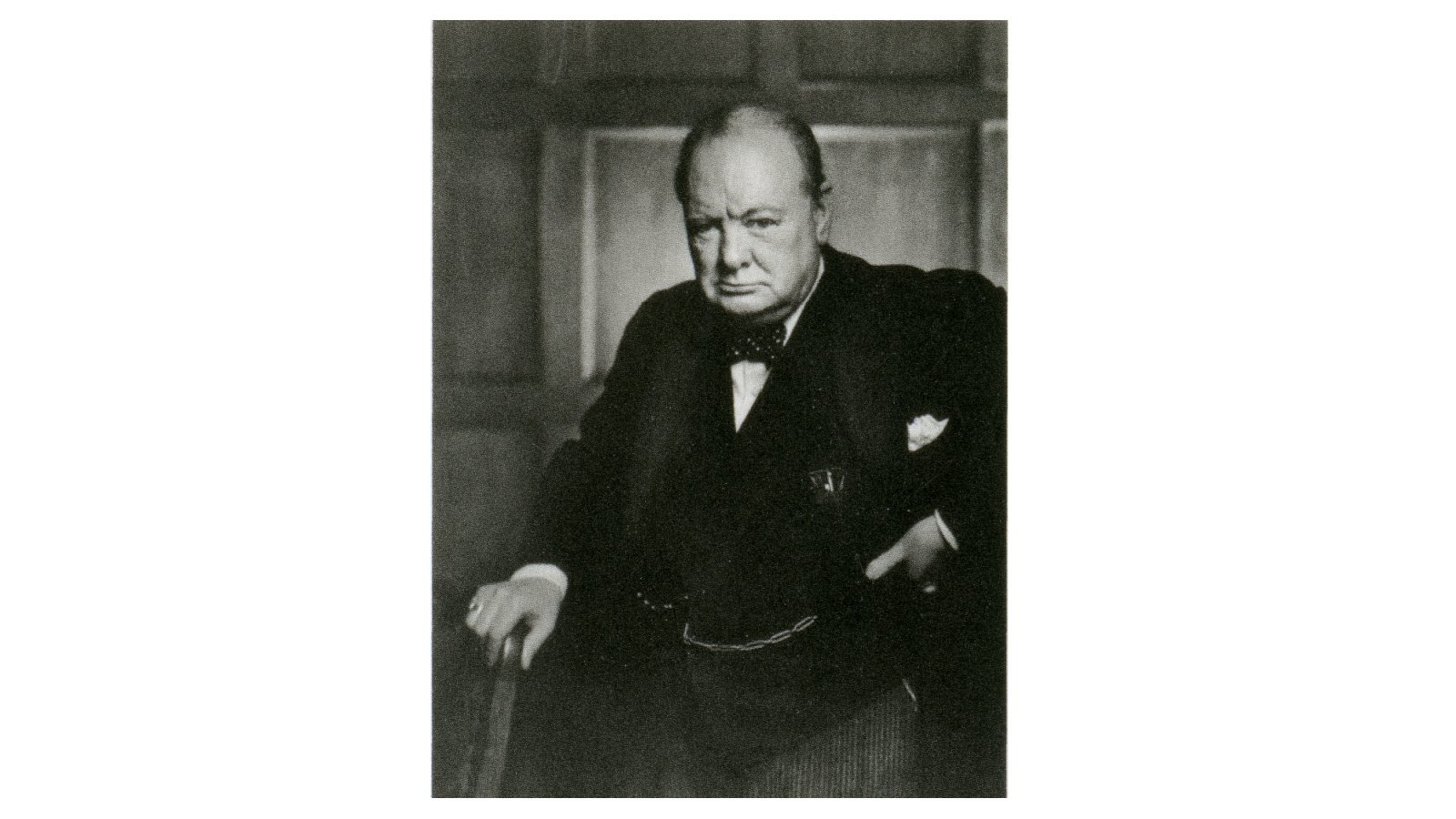
Winston Churchill’s unwavering resolve to continue fighting against Nazi Germany, even when Britain stood alone in 1940, inspired a nation and ultimately contributed to the Allied victory in World War II. His speeches rallied the British people during their darkest hours, and his decision to fight on rather than negotiate peace changed the course of history. Churchill’s leadership is a testament to the impact of steadfast courage and conviction in the face of overwhelming odds.
Gandhi’s Nonviolent Resistance
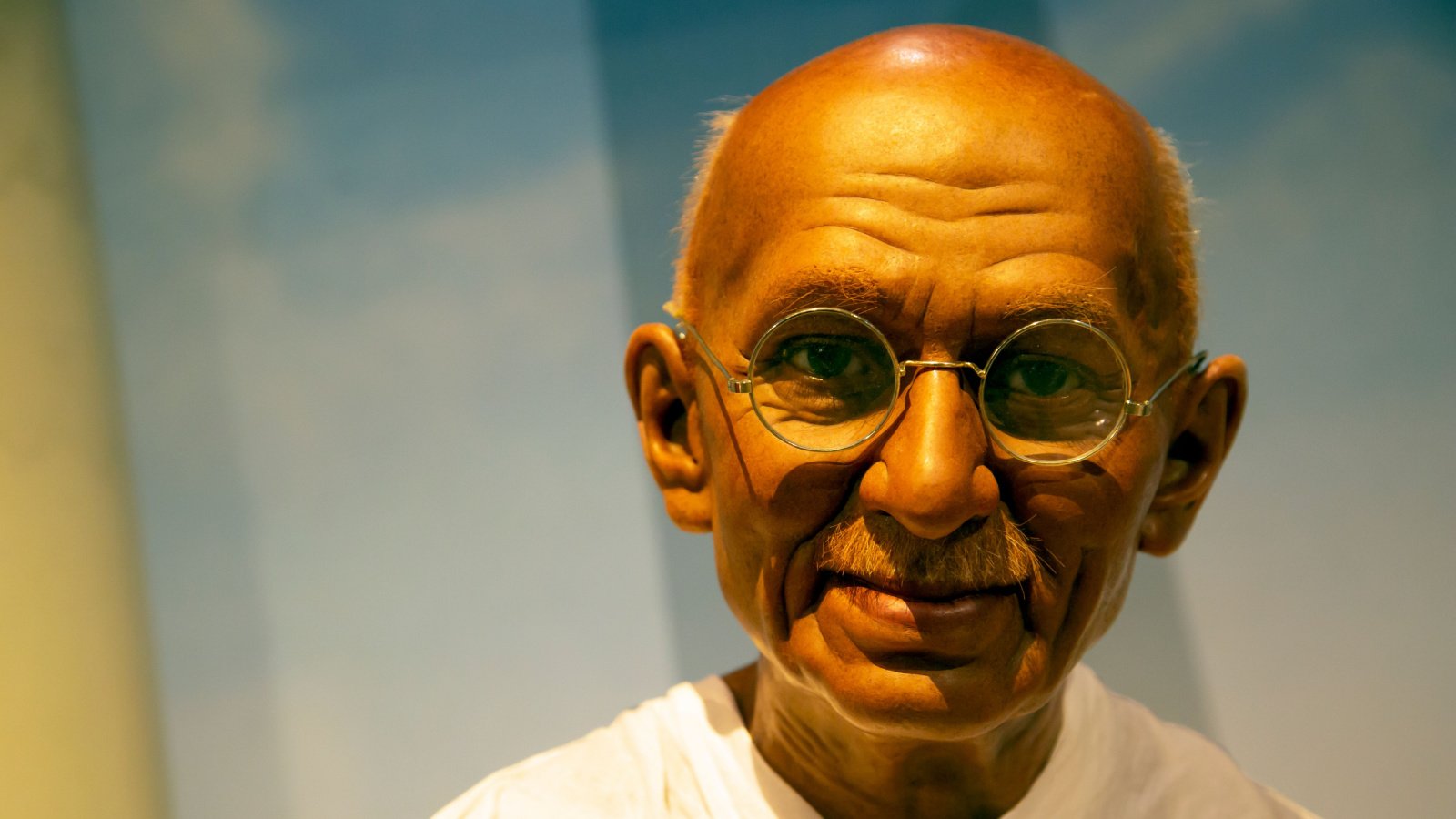
Mahatma Gandhi’s strategy of nonviolent resistance led India to independence from British rule in 1947. By advocating for civil disobedience and peaceful protest, Gandhi mobilized millions of Indians in a quest for self-determination without violence. This approach not only succeeded in ending British colonialism in India but also inspired civil rights movements worldwide.
Mandela’s Reconciliation Efforts
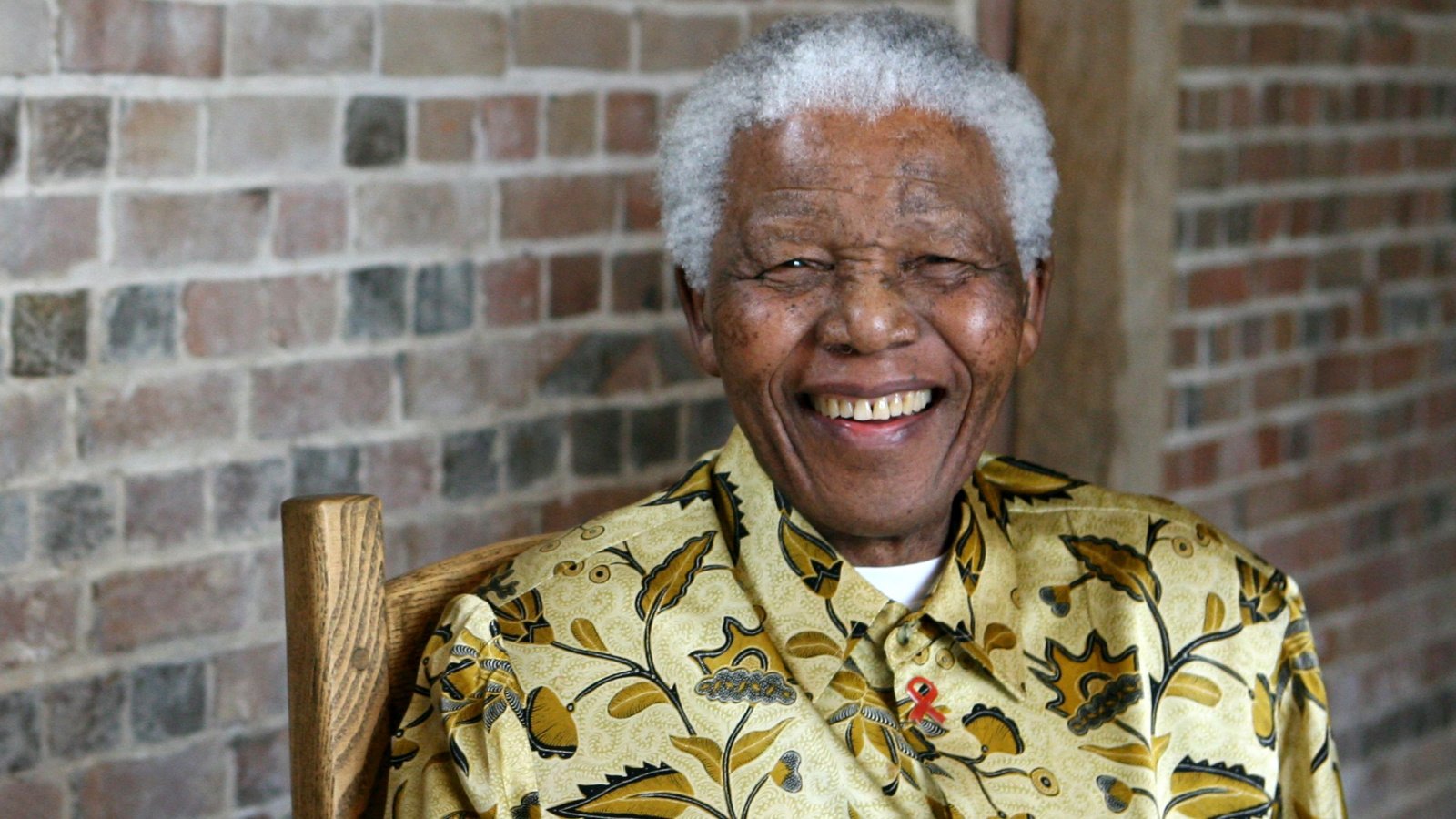
Nelson Mandela’s decision to prioritize reconciliation over retribution upon his election as South Africa’s first black president in 1994 helped avert a civil war and guided the country through a peaceful transition to majority rule. His establishment of the Truth and Reconciliation Commission provided a platform for healing and forgiveness, laying the foundation for a more unified South Africa. Mandela’s leadership exemplifies the power of forgiveness and unity in overcoming divisions.
Deng Xiaoping’s Economic Reforms

In 1978, Deng Xiaoping initiated economic reforms in China that shifted the country from a closed, centrally planned system to a more market-oriented one. These reforms led to unprecedented economic growth, lifting millions out of poverty and transforming China into a global economic powerhouse. Deng’s vision and decisiveness in implementing these changes demonstrate the transformative power of economic reform.
Roosevelt’s Leadership in World War II
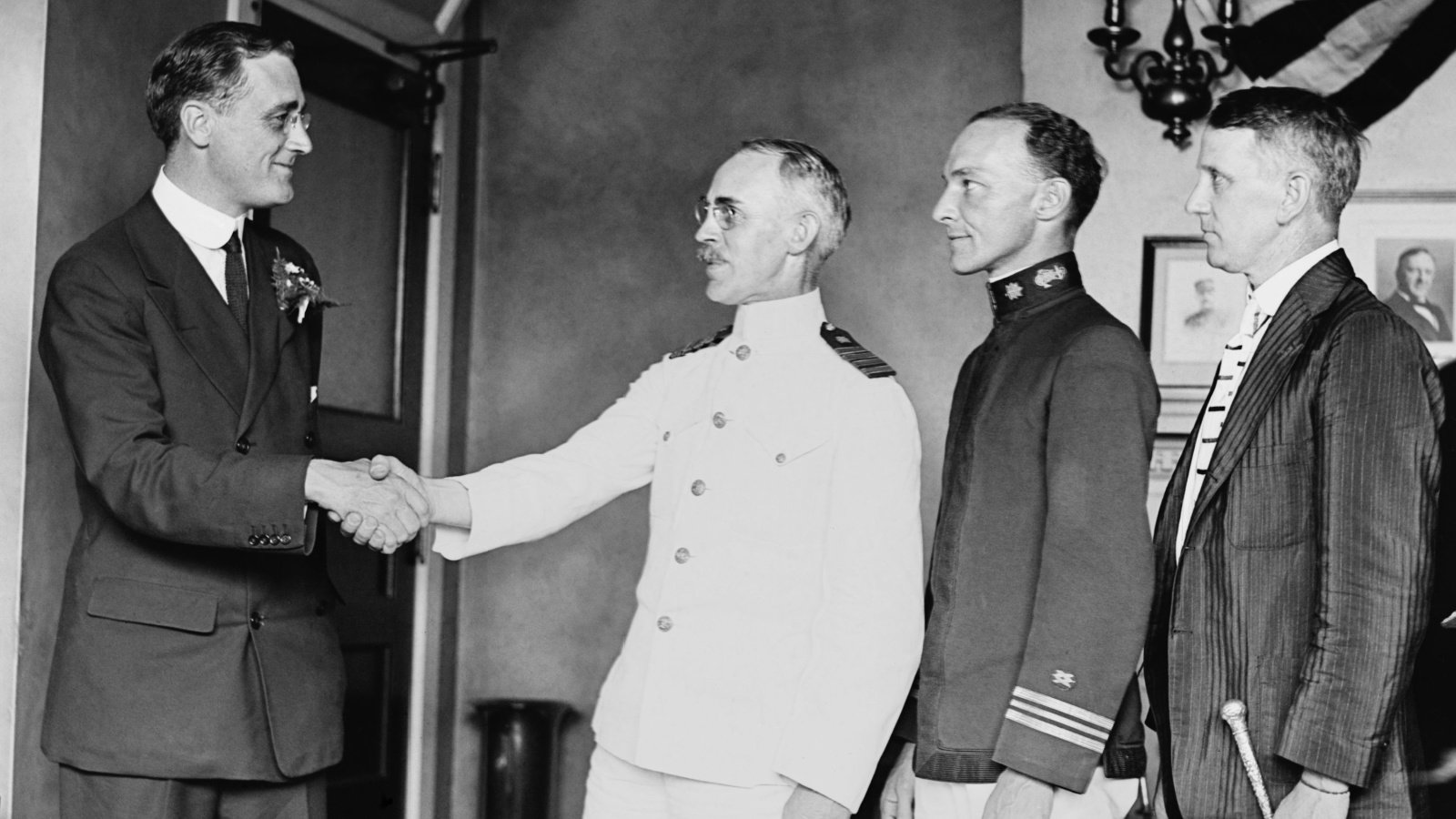
Franklin D. Roosevelt’s decision to support the Allies before the United States formally entered World War II was crucial for the eventual victory over the Axis powers. Through initiatives like the Lend-Lease Act, Roosevelt provided vital military aid to Britain and the Soviet Union, which helped sustain them through critical phases of the war. His foresight and commitment to defeating fascism played a pivotal role in shaping the post-war world.
Adenauer’s Post-War Recovery Plan
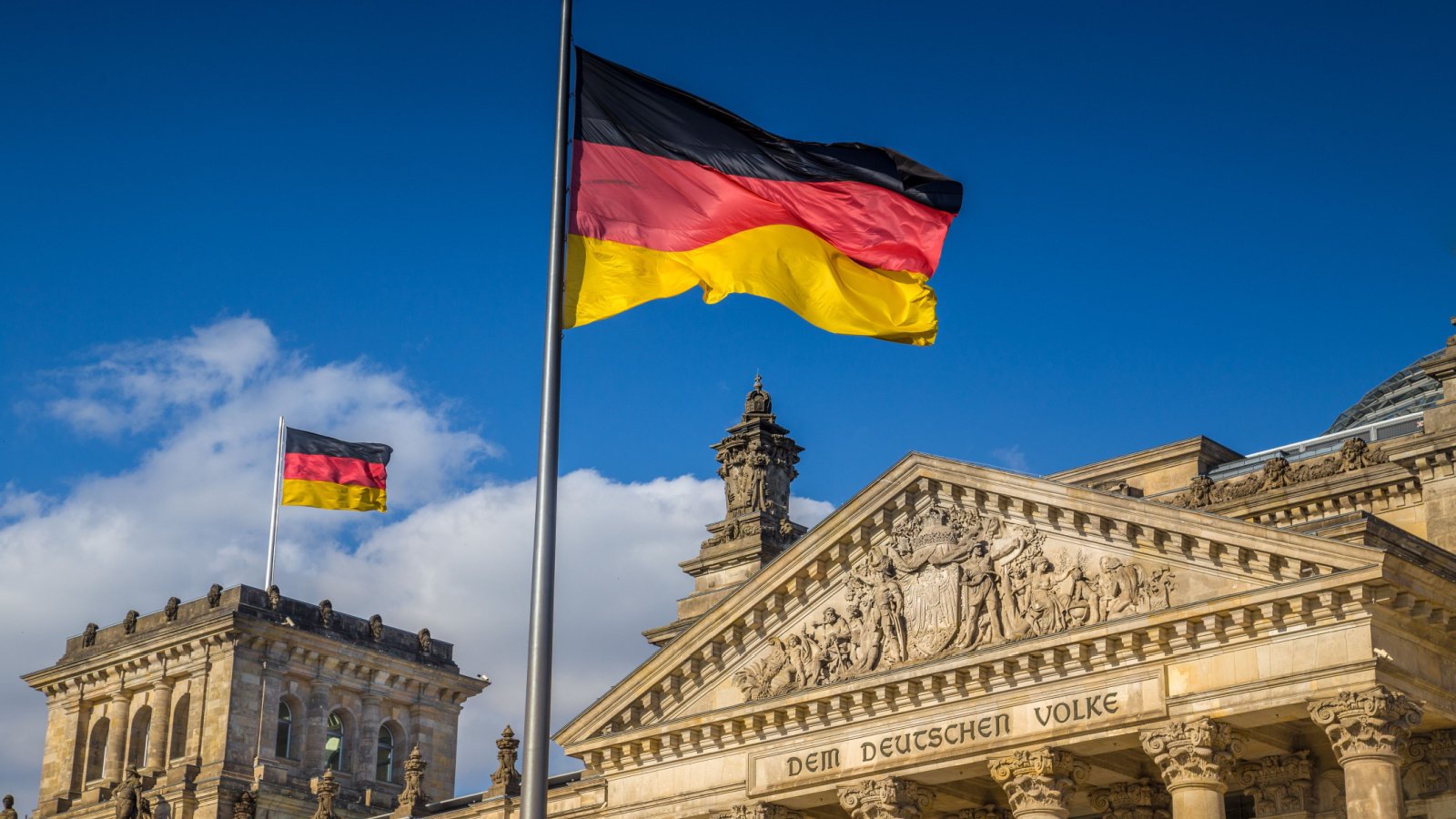
Konrad Adenauer, the first Chancellor of West Germany, laid the groundwork for the country’s recovery and resurgence after World War II. His commitment to democratic principles, economic recovery, and European integration helped West Germany become a stable and prosperous nation. Adenauer’s policies not only facilitated Germany’s rehabilitation but also its reintegration into the international community.
Lee Kuan Yew’s Vision for Singapore
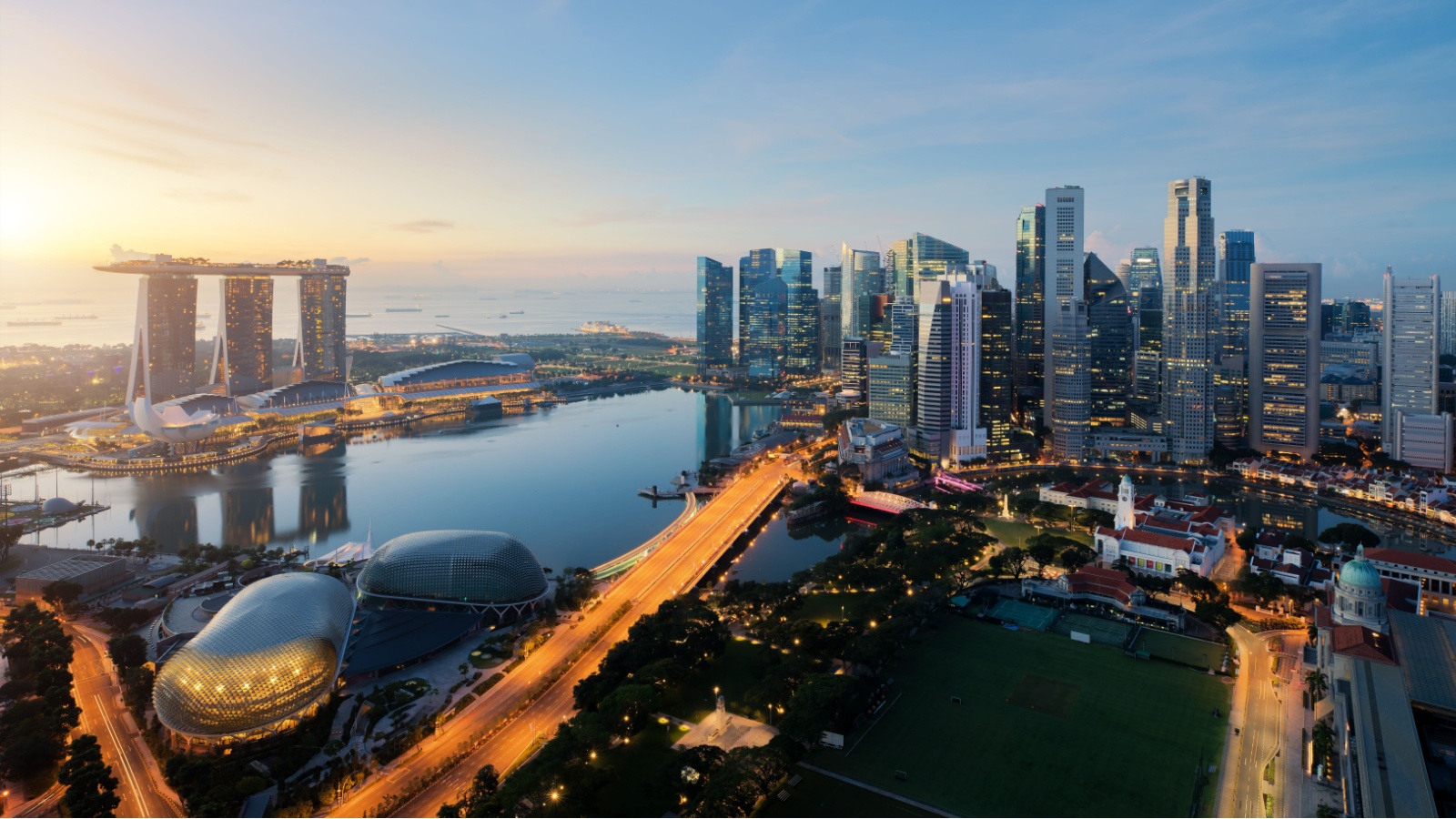
Lee Kuan Yew’s leadership transformed Singapore from a small port city into a thriving global financial hub. His focus on economic development, anti-corruption measures, and educational reform propelled Singapore to remarkable prosperity and social stability. Lee’s pragmatic and forward-looking approach made Singapore a model of development and governance.
Reagan’s Strategic Defense Initiative

Though controversial, Ronald Reagan’s Strategic Defense Initiative played a role in ending the Cold War by accelerating the collapse of the Soviet Union. By proposing a missile defense system, Reagan added pressure on the Soviet economy, which was already struggling to keep pace with American military spending. This initiative, alongside his firm stance against communism, contributed to the peaceful end of the Cold War.
Bismarck’s Unification of Germany
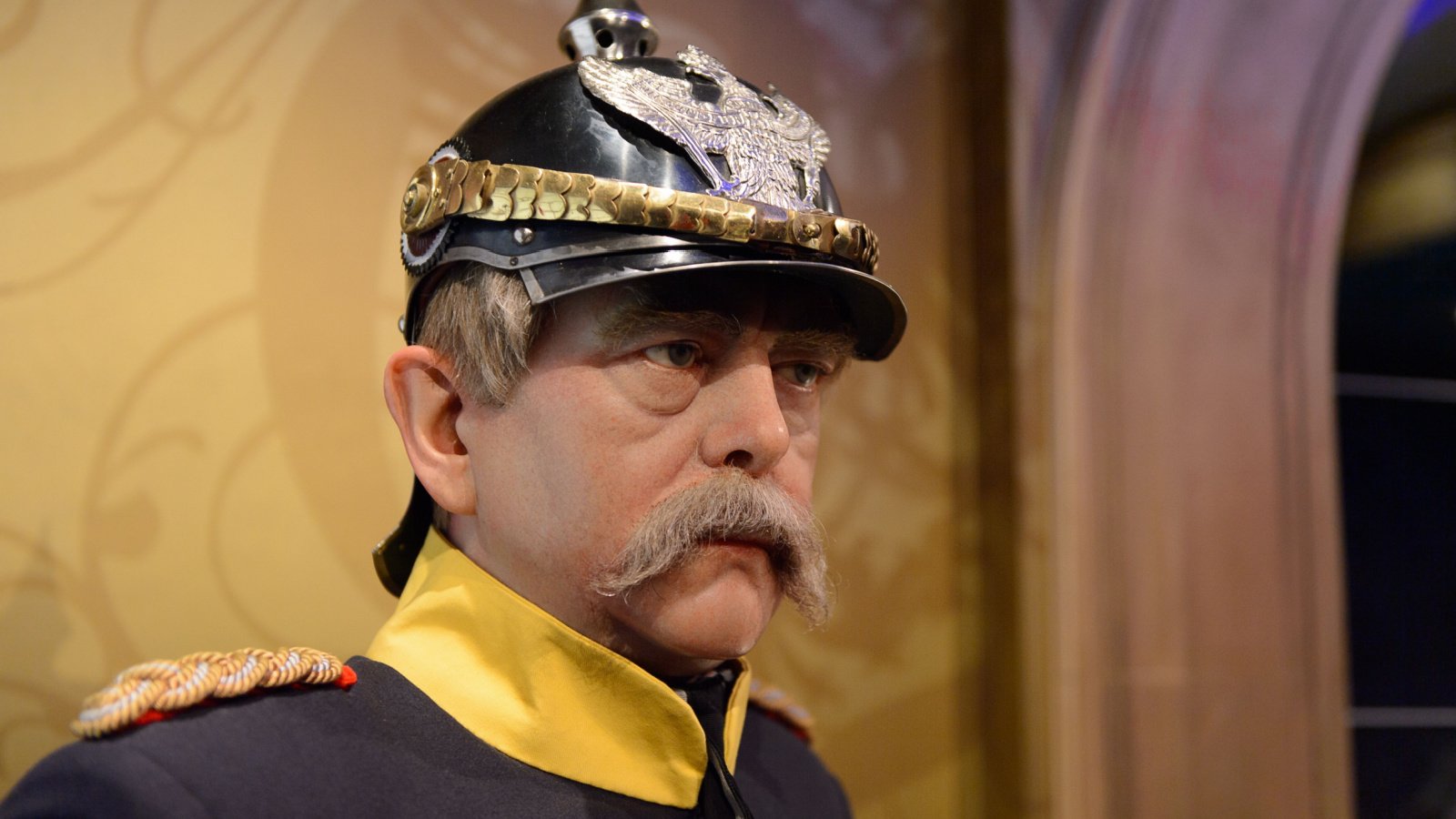
Otto von Bismarck’s strategic diplomacy and a series of wars led to the unification of Germany in 1871. By masterfully navigating the complex landscape of European politics, Bismarck transformed a collection of independent states into a powerful, unified nation. His ability to balance power and promote German interests set the stage for Germany’s emergence as a major world power.
Atatürk’s Modernization of Turkey

Mustafa Kemal Atatürk’s radical reforms transformed the Ottoman Empire’s remnants into the modern, secular, and democratic Republic of Turkey. His initiatives in education, language, and law overhauled Turkish society, positioning Turkey as a bridge between East and West. Atatürk’s vision and determination fostered a sense of national identity and progress.
Truman’s Marshall Plan

Harry S. Truman’s support for the Marshall Plan in 1948 was instrumental in rebuilding Europe after World War II. This massive economic aid program helped war-torn countries recover, stabilized the region, and prevented the spread of communism. Truman’s decision to implement the Marshall Plan demonstrated the United States’ commitment to the welfare of other nations and played a crucial role in shaping the post-war international order.
Gorbachev’s Glasnost and Perestroika

Mikhail Gorbachev’s policies of glasnost (openness) and perestroika (restructuring) in the 1980s aimed to revive the stagnant Soviet economy and liberalize Soviet society. Although these reforms ultimately contributed to the Soviet Union’s collapse, they also ended the Cold War and opened the way for democratic movements in Eastern Europe. Gorbachev’s willingness to reform and engage with the West marked a significant shift in international relations.
MacArthur’s Post-War Japan Reconstruction

General Douglas MacArthur’s oversight of Japan’s post-World War II reconstruction laid the foundations for Japan’s rapid recovery and future prosperity. His reforms democratized the country, rebuilt its economy, and instituted peaceful international policies. MacArthur’s visionary leadership helped Japan emerge as a peaceful and economically powerful nation.
Nehru’s Industrialization of India

Jawaharlal Nehru’s focus on industrialization and modernization propelled India’s development after its independence. By establishing institutions of higher learning and investing in heavy industry, Nehru set India on a path of technological advancement and economic growth. His policies laid the groundwork for India to become a major player in the global economy.
Washington’s Neutrality Proclamation

George Washington’s Neutrality Proclamation in 1793 kept the young United States out of European conflicts, preserving its fragile independence and stability. By avoiding entanglement in the French Revolutionary Wars, Washington ensured that the United States could grow and strengthen internally. His foresight in foreign policy established a precedent for American diplomacy.
Meiji Restoration in Japan

The leaders of the Meiji Restoration in the late 19th century successfully modernized Japan, transforming it from a feudal society into a world power. By embracing Western technology and industrial methods while maintaining Japanese cultural identity, they laid the foundation for Japan’s remarkable rise. This period of rapid modernization and industrialization catapulted Japan onto the world stage.
De Gaulle’s Fifth Republic in France
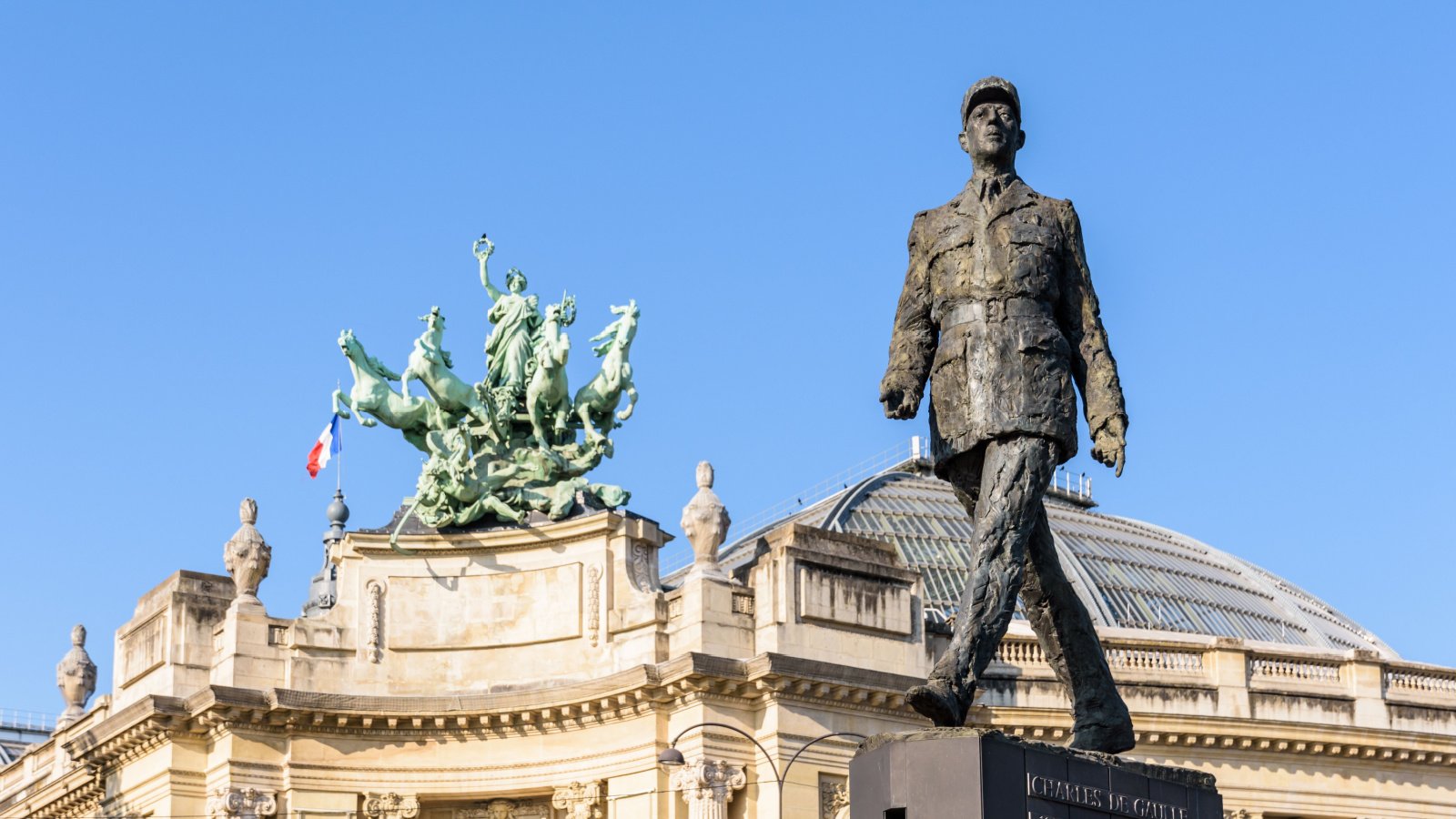
Charles de Gaulle’s establishment of the Fifth Republic in 1958 brought stability to France after years of political turmoil. By creating a strong presidency and a new constitution, de Gaulle ensured a stable governance structure that allowed France to prosper and play a significant role in global affairs. His leadership solidified France’s democratic institutions and economic growth.
Alexander II’s Emancipation of the Serfs
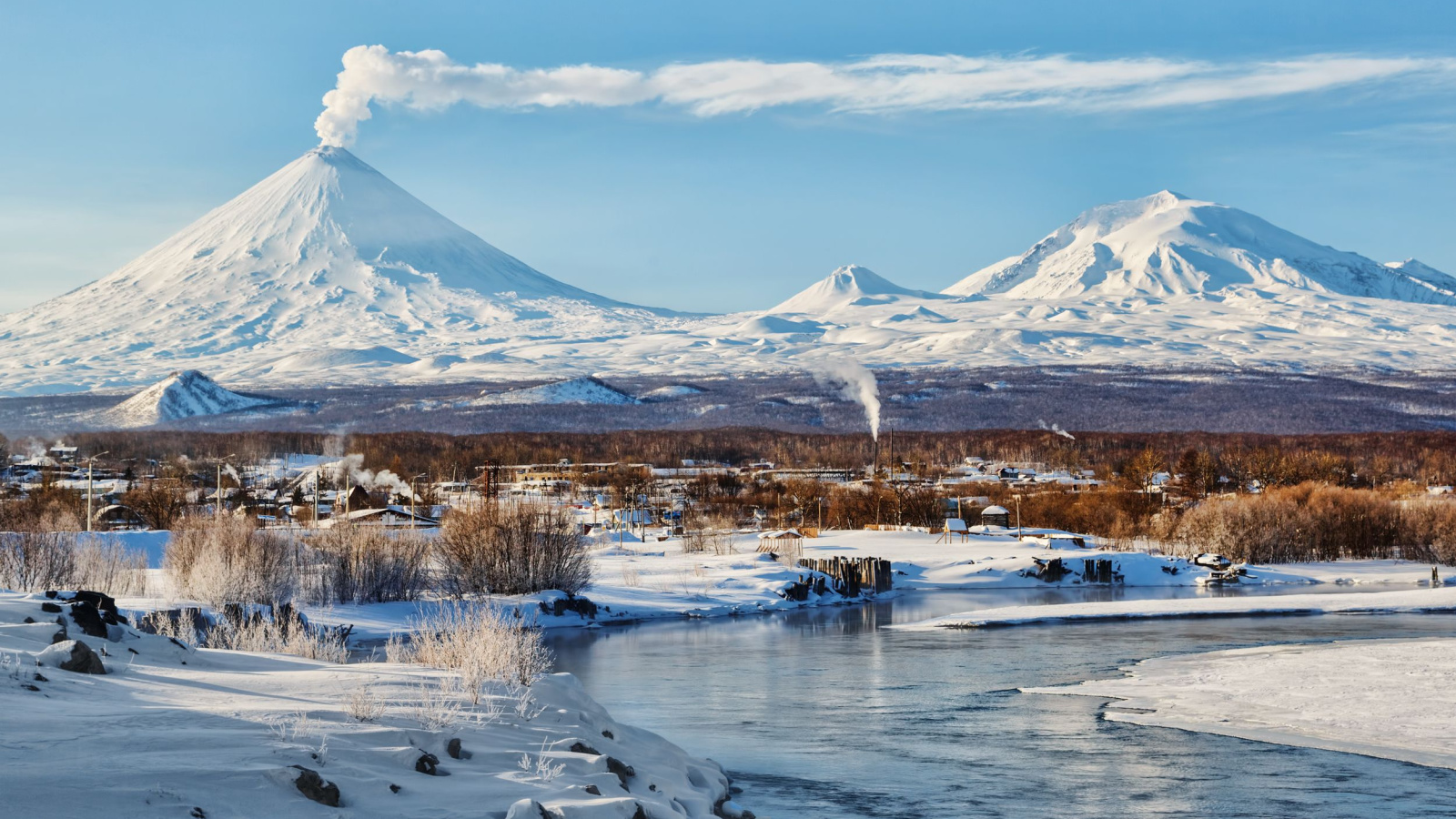
In 1861, Alexander II of Russia emancipated the serfs, freeing millions of people and initiating significant social and economic reforms. This bold move aimed to modernize Russia and stimulate economic development by transitioning to a more productive agricultural system. Alexander’s decision marked a pivotal moment in Russian history, laying the groundwork for further reforms.
Jefferson’s Louisiana Purchase
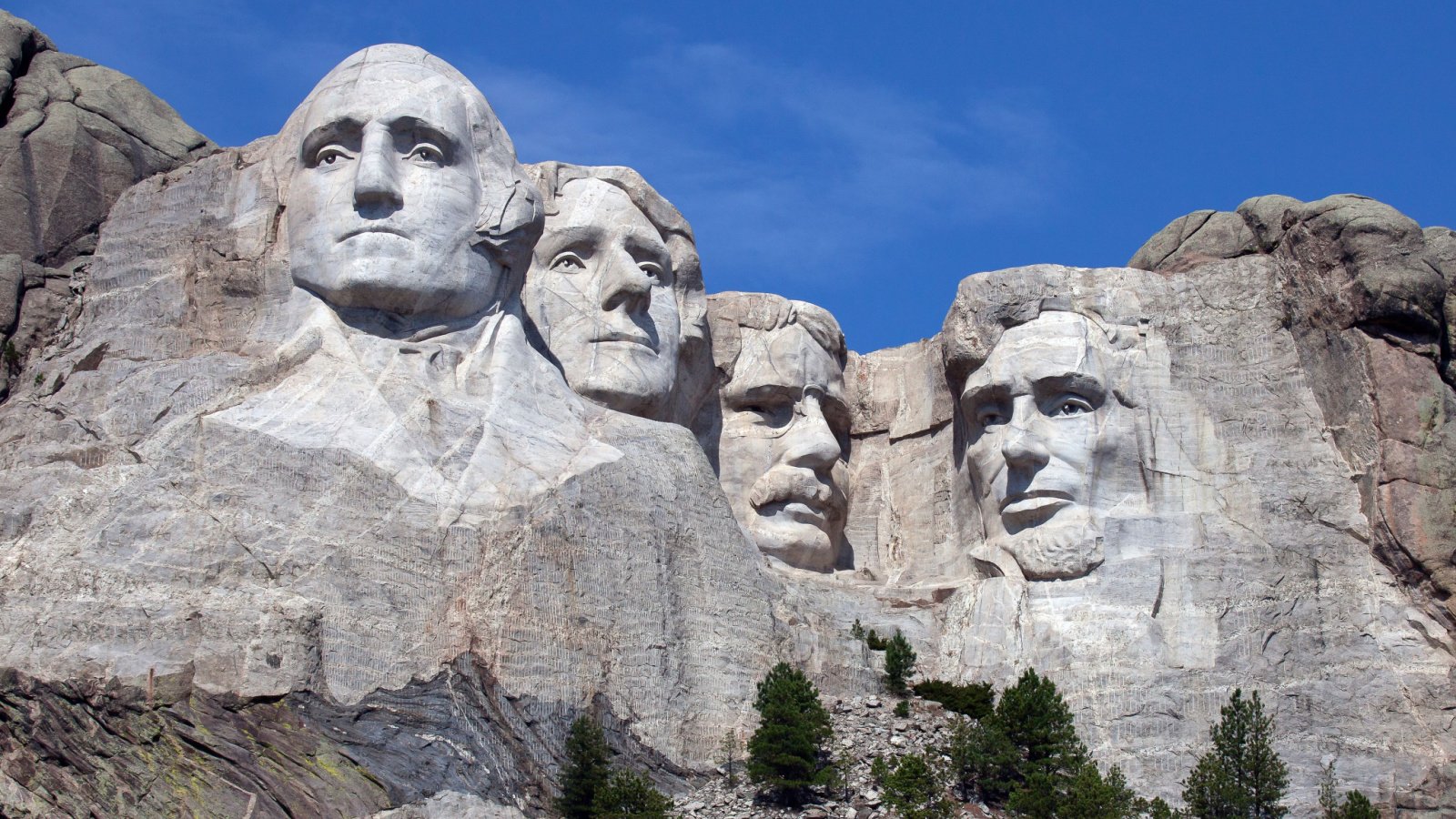
Thomas Jefferson’s decision to make the Louisiana Purchase in 1803 doubled the size of the United States, providing vast new territories for exploration and settlement. This acquisition from France for $15 million opened the West to American expansion, significantly influencing the nation’s development and identity. Jefferson’s vision for America’s growth was both ambitious and transformative.
Theodore Roosevelt’s Panama Canal
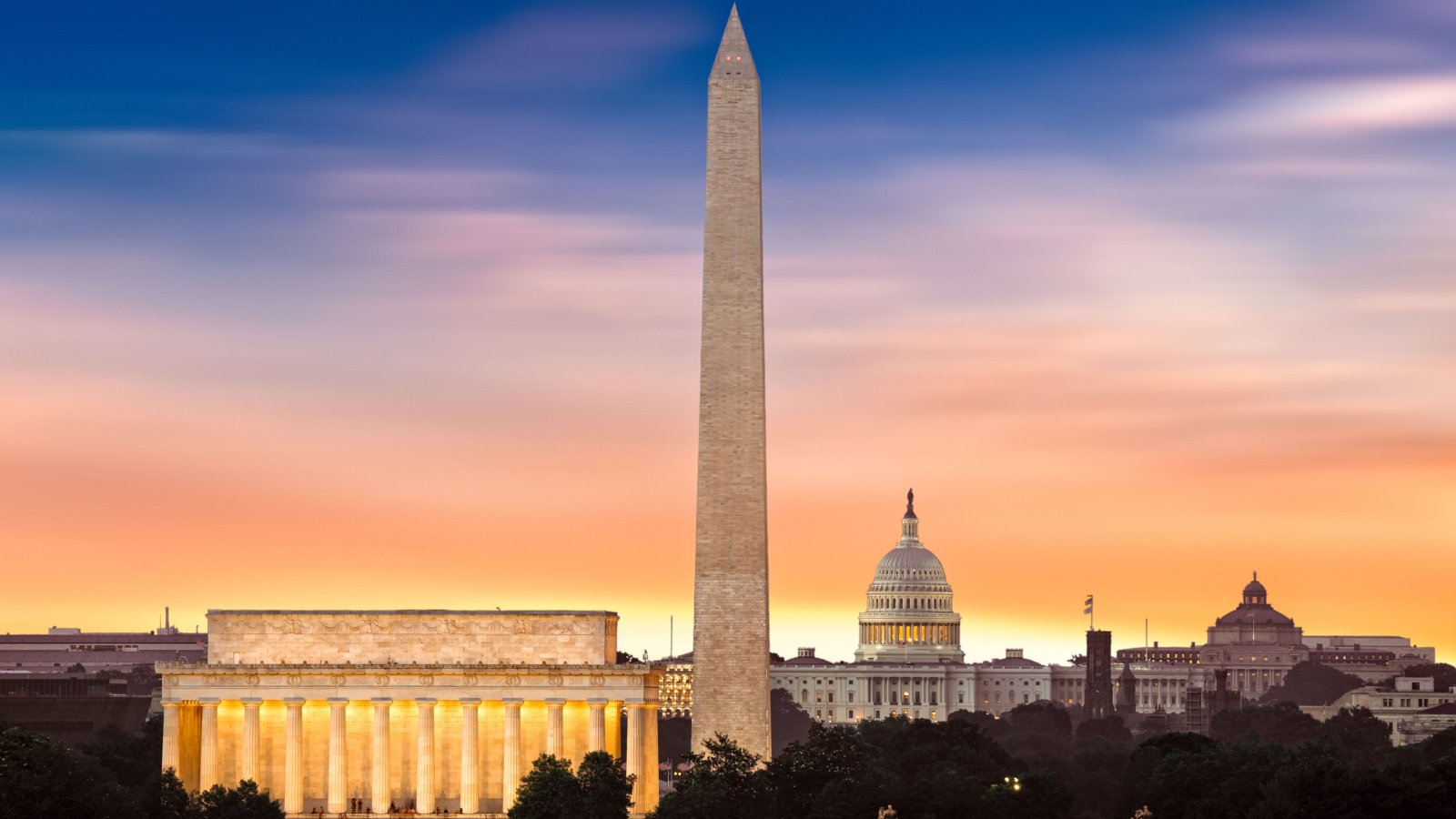
Theodore Roosevelt’s push for the construction of the Panama Canal reshaped global maritime trade routes, significantly reducing travel time between the Atlantic and Pacific Oceans. This engineering marvel, completed in 1914, not only demonstrated American ingenuity and resolve but also established the United States as a dominant power in the Western Hemisphere. Roosevelt’s foresight in facilitating global trade had lasting economic and strategic implications.
Brezhnev’s Space Achievements

Leonid Brezhnev’s support for the Soviet space program during the Cold War era led to significant achievements, including the first human spaceflight by Yuri Gagarin in 1961. These accomplishments showcased Soviet ingenuity and technological prowess, boosting national pride and the USSR’s international stature. Brezhnev’s commitment to space exploration contributed to scientific advancements and space research.
Julius Nyerere’s Ujamaa in Tanzania

Julius Nyerere’s implementation of Ujamaa, a form of African socialism, aimed to develop Tanzania’s economy through collective agriculture and self-reliance. While the results were mixed, Nyerere’s vision for a self-sustaining nation fostered a sense of national identity and unity. His leadership reflected a commitment to social equality and economic independence.
King Sejong’s Creation of Hangul

King Sejong the Great’s introduction of Hangul, the Korean alphabet, in the 15th century significantly advanced literacy and education in Korea. By creating a simple and scientific writing system, Sejong made reading and writing accessible to the common people, fostering cultural identity and intellectual growth. His visionary policy enriched Korean culture and language, leaving a lasting legacy.



